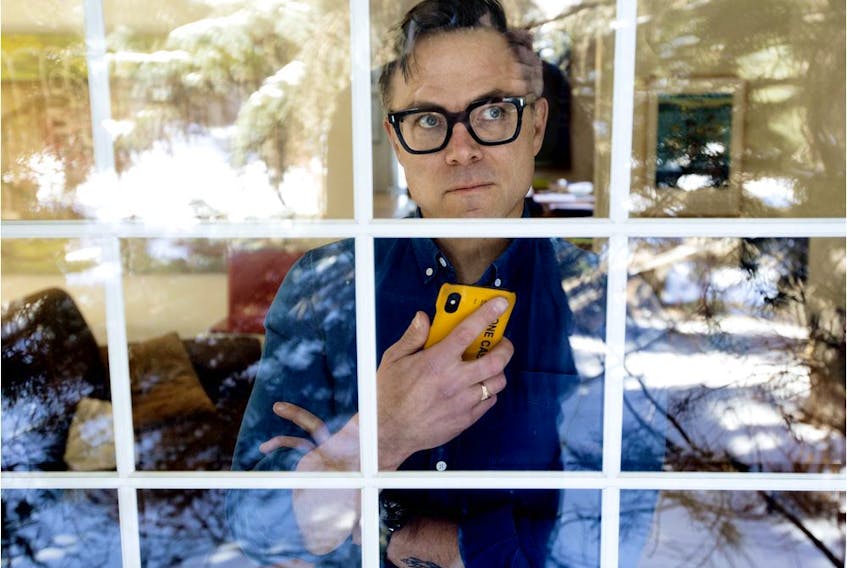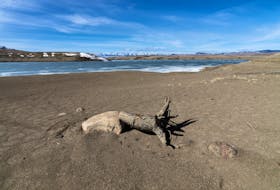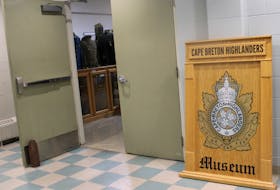Thinking critically is not a superpower.
But the University of Alberta is offering a boost to critical thinking about science with a free online course — how to tell the difference between sound scientific studies and pseudoscience.
“The purpose of this course is to teach people about the process of science and how it is used to acquire knowledge,” course host Claire Scavuzzo, researcher in the Department of Psychology, said in a release. “By the end of the course, learners will be able to understand and use scientific evidence to challenge claims based on misinformation and engage the process of science to ask questions to build our knowledge.”
An offshoot of the COVID-19 pandemic — and the fluid nature of understanding it — has been growing mistrust of science, she notes.
“With the uncertainty that comes with the current global COVID-19 pandemic we are seeing a general public distrust in science; ironically because of its self-correcting process,” said Scavuzzo.
“For example with the World Health Organization and provincial and federal health leaders changing their advisory on face masks was due to new evidence that showed masks help reduce the spread of COVID-19. If we are scientifically literate — and expect our health and government officials to be — we should expect updates and even changes to COVID-19 policies based on new evidence as it becomes available. This self-correction reflects the new evidence we collect and new knowledge we have gained.”
The online course has no prerequisites, features guest lecturers, and can be completed at the learner’s own pace — roughly five weeks, with five to seven hours per week of study.
The five modules of the course are presented with practice quizzes, reflective quizzes, and interactive learning objects that are all available for free.
“Students can expect to finish this course with well-polished critical thinking skills. Rather than ‘science knowledge,’ students will build the skill of thinking scientifically, so they are ready to engage in the process of science,” said Scavuzzo. “It may expose some of your biases and it may also help you recognize the value of challenging your biases by being skeptical, asking questions, and evaluating evidence. It will change the way you interact with and absorb content on social media. It will make you realize that these skills can —and should — be used every day.”
In Science Literacy, the new online course from the University of Alberta, learners will hear from:
• Timothy Caulfield, Canada Research Chair in Health Law and Policy and star of Netflix’s “A User’s Guide to Cheating Death” on pseudoscience;
• Cree Elder Kokum Rose Wabasca on how traditional knowledge is used in Indigenous practices;
• Métis Elder Elmer Ghostkeeper on how Indigenous knowledge informs scientific discovery;
• Dr. David Rast, scientist and psychology expert, on uncertainty and decision making.
Copyright Postmedia Network Inc., 2020









